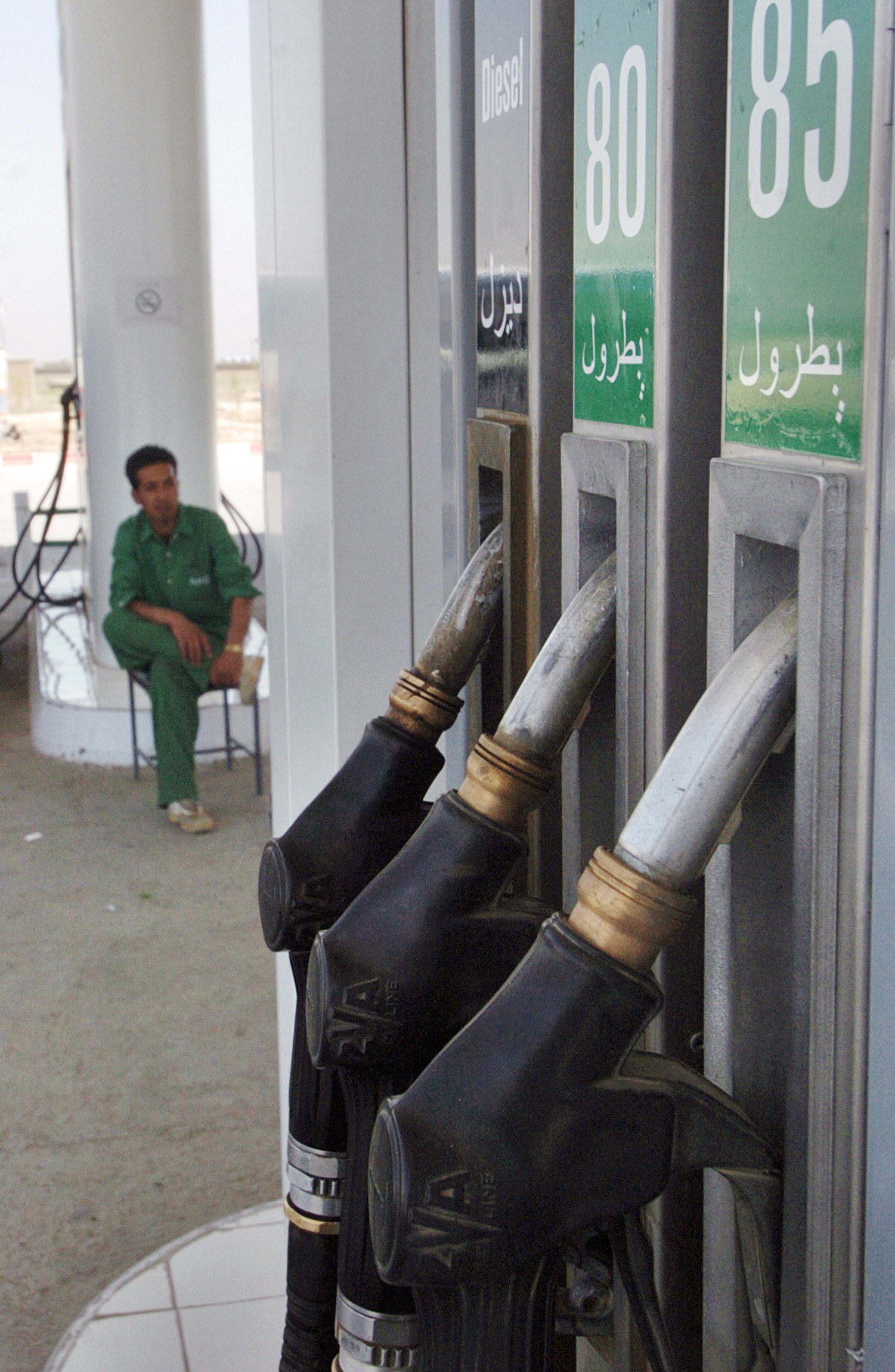The Pentagon spent $43 million to build a gas station in Afghanistan. It should have cost less than $500,000.

A free daily email with the biggest news stories of the day – and the best features from TheWeek.com
You are now subscribed
Your newsletter sign-up was successful
A whopping $43 million later, and all the Pentagon has to show for it is one gas station in Afghanistan that "may or may not be functional," The Daily Intelligencer reports. A report released Monday by the Special Inspector General for Afghan Reconstruction (SIGAR) found that the multi-million dollar project really should have cost less than $500,000 — 140 times less than the sum that the Pentagon spent.
"Even considering security costs associated with construction and operation in Afghanistan, this level of expenditure appears gratuitous and extreme," SIGAR said in the report.
It gets worse: The report suggests that there is "no indication" that the Task Force looked into the project's viability beforehand. If that feasibility study had been conducted, NBC News reports that SIGAR said the team "'might have noted' that Afghanistan lacks the infrastructure to make such a market viable — and that converting cars from gasoline to CNG would be cost-prohibitive for most Afghans."
The Week
Escape your echo chamber. Get the facts behind the news, plus analysis from multiple perspectives.

Sign up for The Week's Free Newsletters
From our morning news briefing to a weekly Good News Newsletter, get the best of The Week delivered directly to your inbox.
From our morning news briefing to a weekly Good News Newsletter, get the best of The Week delivered directly to your inbox.
The department that was in charge of this particular project has since closed, leaving no answers to the question of where exactly this money went — or why. "It's an outrageous waste of money that raises suspicions that there is something more than just stupidity," John Sopko, the special inspector general, told NBC News, noting that the lack of answers was "one of the most troubling aspects of this project."
"There may be fraud. There may be corruption. But I cannot currently find out more about this because of the lack of cooperation," Sopko said.
A free daily email with the biggest news stories of the day – and the best features from TheWeek.com
-
 What are the best investments for beginners?
What are the best investments for beginners?The Explainer Stocks and ETFs and bonds, oh my
-
 What to know before filing your own taxes for the first time
What to know before filing your own taxes for the first timethe explainer Tackle this financial milestone with confidence
-
 The biggest box office flops of the 21st century
The biggest box office flops of the 21st centuryin depth Unnecessary remakes and turgid, expensive CGI-fests highlight this list of these most notorious box-office losers
-
 Nobody seems surprised Wagner's Prigozhin died under suspicious circumstances
Nobody seems surprised Wagner's Prigozhin died under suspicious circumstancesSpeed Read
-
 Western mountain climbers allegedly left Pakistani porter to die on K2
Western mountain climbers allegedly left Pakistani porter to die on K2Speed Read
-
 'Circular saw blades' divide controversial Rio Grande buoys installed by Texas governor
'Circular saw blades' divide controversial Rio Grande buoys installed by Texas governorSpeed Read
-
 Los Angeles city workers stage 1-day walkout over labor conditions
Los Angeles city workers stage 1-day walkout over labor conditionsSpeed Read
-
 Mega Millions jackpot climbs to an estimated $1.55 billion
Mega Millions jackpot climbs to an estimated $1.55 billionSpeed Read
-
 Bangladesh dealing with worst dengue fever outbreak on record
Bangladesh dealing with worst dengue fever outbreak on recordSpeed Read
-
 Glacial outburst flooding in Juneau destroys homes
Glacial outburst flooding in Juneau destroys homesSpeed Read
-
 Scotland seeking 'monster hunters' to search for fabled Loch Ness creature
Scotland seeking 'monster hunters' to search for fabled Loch Ness creatureSpeed Read